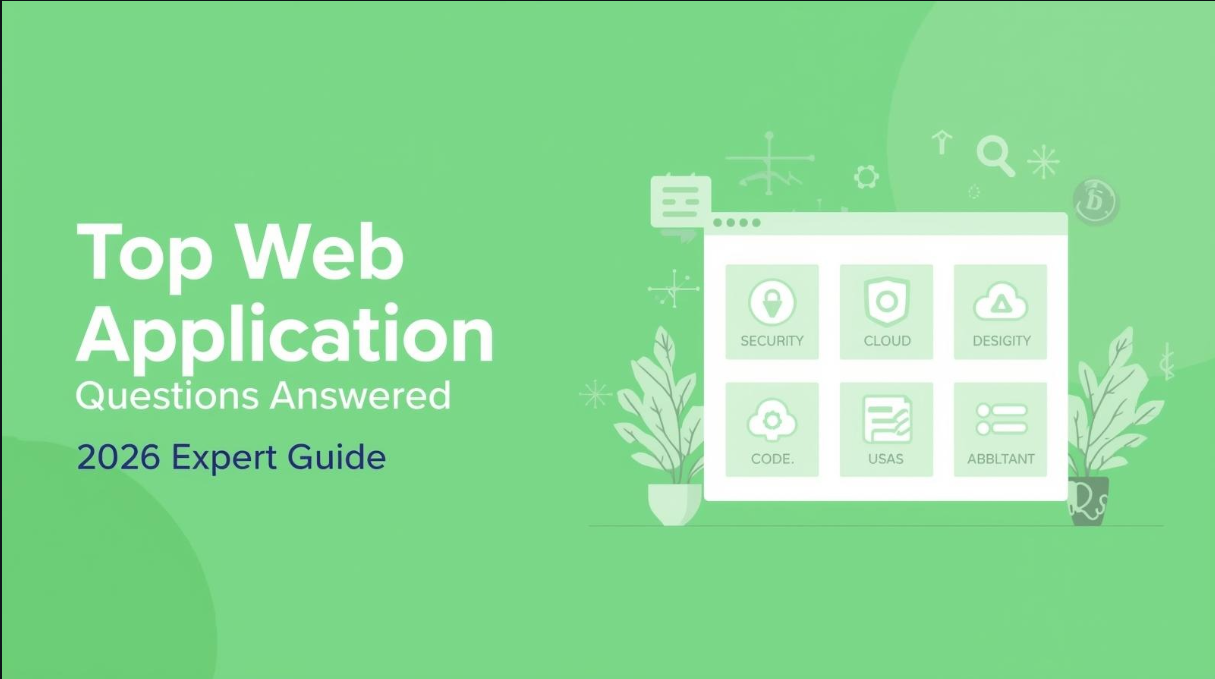In today’s digital era, launching an e commerce website is the foundational step for any ecommerce store or online business. This guide shows startup owners, app developers, and small businesses how to strategize, build, and scale a conversion-focused online presence—without drowning in tech jargon.
If you’re serious about scaling your online Store, pairing your e commerce website with a custom mobile app is the smartest move. Learn more in our detailed article: Why Ennova Studio Is the Mobile App Development Company You Need.
Key Takeaways
An e-commerce website is a website where businesses can sell their products or services to customers online.
To start an online business fast, use low-cost models and ready-made platforms that manage most of the work. Focus on your skills or a popular niche to launch quicker.
To choose the best e-commerce platform for your small business, think about your needs, budget, and tech skills. In 2025, popular options include Shopify, Wix, Squarespace, and WooCommerce.
In 2025, building an e-commerce website can cost anywhere from a few hundred dollars for a simple DIY setup to over $100,000 for a custom-built site. The price depends on the platform, design, features, and whether you build it yourself, hire a freelancer, or work with an agency.
The best way to get traffic to your e-commerce store is to use both free (organic) and paid marketing. This helps you bring in new visitors and keep existing customers coming back.
Table of Contents
Why Every Startup Needs an E Commerce Website
Market & Growth Trends
- Retail e-commerce sales worldwide are projected to hit US $6.42 trillion in 2025 (capitaloneshopping).
- Ecommerce now accounts for ~20.5 % of total global retail sales (emarketer).
- The global AI-enabled eCommerce market is valued at $8.65 billion in 2025 and expected to expand rapidly (sellerscommerce).
These numbers show that the shift to online commerce is not temporary—it’s structural.
Core Benefits for Small Businesses
- Low barrier to entry & cost efficiency compared to physical retail (blog.xero).
- 24/7 availability of your store, reaching customers anytime (hostinger).
- Global reach—sell beyond your geographic boundaries (gelato).
- Scalable marketing & analytics—you can track, iterate, and grow efficiently.
- Better customer experience & automation, reducing manual overhead.
Planning Your Ecommerce Store: Key Decisions
Platform Choices: Monolithic vs Headless
- Monolithic platforms (Shopify, WooCommerce, Magento, etc.) bundle frontend + backend. Easy setup for many startups.
- Headless commerce decouples frontend and backend, communicating via APIs. Offers flexibility, performance, and omnichannel consistency.
Consider your future growth, developer skillset, and content strategy before picking one.
Design, UX & Mobile Readiness
- Use mobile-first responsive design
- Prioritize fast page load (optimizing Core Web Vitals)
- Simplify navigation, search, filtering
- Use structured data (schema.org/Product) to help Google & LLMs
Building & Launching Your Online Business
Integrate Payment, Shipping & Inventory
- Support multiple payment gateways: credit card, local options, wallets
- Real-time inventory sync to avoid overselling
- Choose logistics/fulfillment partners and integrate APIs
- Automate order confirmation emails, returns workflows
SEO, Speed & Conversion Optimization
- Build an SEO-friendly URL structure (e.g.
/category/product-name) - Optimize metadata, alt text (e.g. “blue cotton shirt – online business store”)
- Leverage image compression, lazy loading, CDN
- A/B test CTAs, layouts, checkout steps to boost conversions
Scaling Your Ecommerce Website Over Time
Automation, Personalization & AI
- Use recommendation engines, dynamic pricing, email sequences
- Chatbots for basic customer support
- Automate supply reordering based on thresholds
Cross-border & Multi-channel Growth
- Localize language, currency, taxes
- Sell on marketplaces (Amazon, regional platforms) while driving to your store
- Use social commerce (Shoppable posts) to expand reach
Scaling beyond your e-commerce website? Discover how integrating mobile apps can supercharge growth and customer engagement. Learn more here.
Conclusion & Next Steps
Building a high-performing e commerce website is essential for any serious online presence today. Follow the planning, execution, and scaling steps above to launch a store that’s optimized for growth. Ready to go further? We at Ennova Studio can help you build, optimize, or scale your e-commerce store—get in touch.
💡 An e-commerce website is the foundation of your online business, but a mobile app is what makes it future-proof. Take the next step toward growth. Start here with Ennova Studio.




